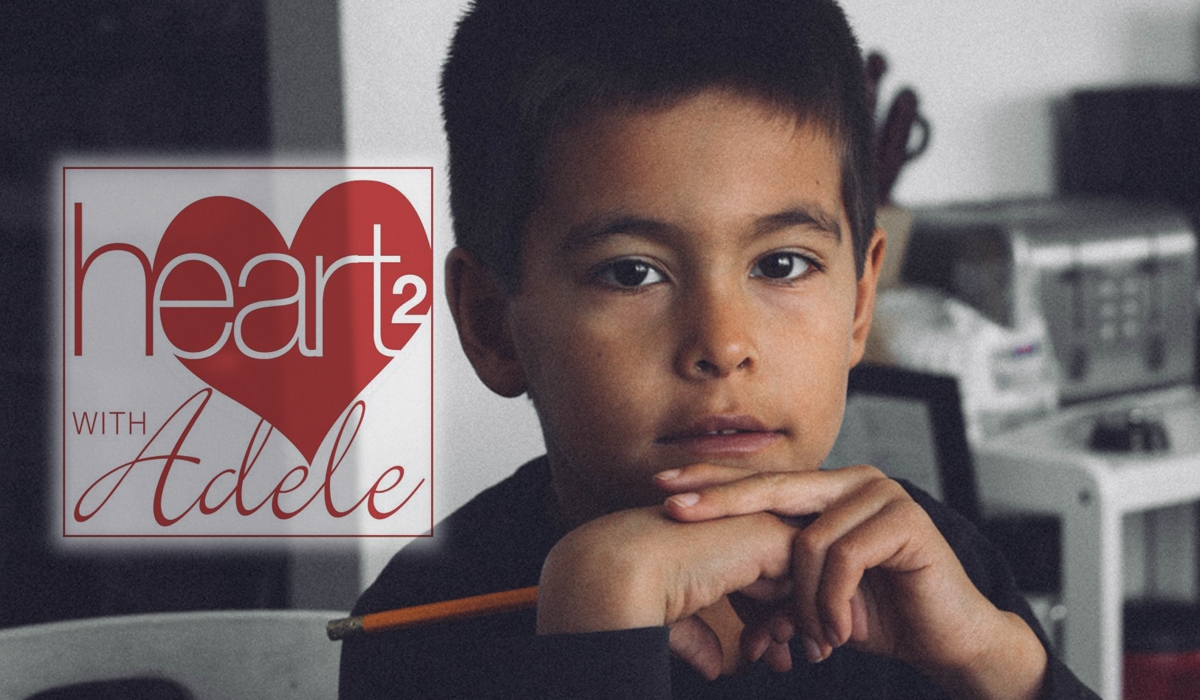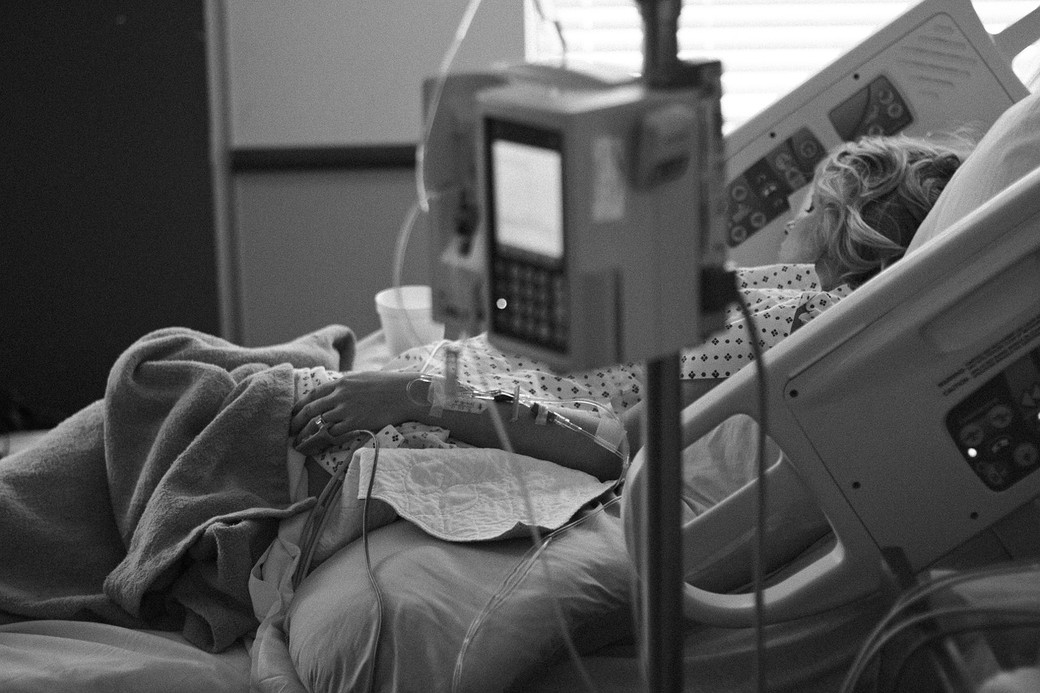
Dealing with stigma and mental health
QUESTION:
Dear Adele,
My teenaged son lives with anxiety and depression. Last year his physician thought he needed some time away from school. Upon his return, my son felt that many of his fellow students were avoiding him and/or judging him. Are attitudes of shame and blame common? How can I help him deal with society’s negative perceptions of my teenager’s experience with a mental health issue?
Distressed Dad
ANSWER:
Dear Distressed Dad,
The Canadian Mental Health Association reports that one in five children and youth in Ontario live with a mental health challenge, and about 70 per cent of mental health conditions have onset in childhood. The Woodland Behavioural Healthcare Network states in ‘Anti-stigma-Who can fight?’, that 2/3 of all people with known mental health issues never seek help from a healthcare professional.
So Distressed Dad, kudos to you! You are a wise, discerning and proactive parent. You got your child treatment and his life going forward should be much better in virtually every regard. However, the problem your son is encountering is called stigma and discrimination.
The Mayo Clinic, in “Mental Health: Overcoming the stigma of mental illness,” says that stigma is ‘when someone views you in a negative way because you have a distinguishing characteristic or personal trait that’s thought to be or actually is a disadvantage.” Unfortunately negative beliefs and attitudes towards people who live with mental illness are prevalent in our society.
These attitudes, beliefs and judgements are born out of ignorance, lack of understanding and fear about what kinds of behaviours to expect from someone living with a mental illness. Negative stereotypes are reinforced in our culture by the media and entertainment industry which regularly portrays persons living with mental illness as violent, bizarre and unpredictable. Slang language has contributed to it as well with words such as ‘nutso’, ‘psycho’, and ‘wacko’ commonly used by children, youth and adults alike.
Stigma can affect the self esteem of a person living with a mental health problem. Such persons may blame themselves for their health and feel shame. This can affect their school performance, social life, career choice and ability to make friends. It can lead to bullying. It can cost them employment and housing. It can precipitate the belief that they can never succeed or improve their situation. Some people even refuse to seek treatment or follow the treatment suggestions of their healthcare professional. Stigma and discrimination, both subtle and overt, become for many with mental health conditions, the greatest barriers to their enjoying a satisfying life.
So what to do about stigma and discrimination, you and your son must be wondering Distressed Dad? Here are my suggestions, and several from the Canadian Association of Mental Health article entitled, ‘Seven Things you can do to reduce stigma’.
- Educate yourself. Ensure you and your son are knowledgeable about the condition that your progeny lives with. Understand the causes, the symptoms, the treatment options and the prognosis. Accept the medical health professional’s diagnosis. Seek treatment. Follow through.
- Read and learn about mental health issues so you can change ideas about stigmatized groups by speaking authoritatively. Educate others by speaking openly about mental health issues. Participate in public discussions, training and community campaigns.
- Think before you speak, choosing your words carefully. Some slang words referring to those living with mental illness are offensive. Best to describe in the first person, that someone is living with a certain condition.
- Get to know each person as a unique individual without judgement or assumptions. Focus on the positive.
- Support others. Join or create a support group. Include everyone in social events.
- Be aware of attitudes and behaviours that are discriminatory and stigmatizing. Write letters of complaint to the media and to those public figures who seem to support stereotyping of persons with mental illness. Call out friends, neighbours and colleagues whose behaviours promote stigma and discrimination.
- Encourage your son to avoid self doubt and foster anything that builds and encourages his self esteem. Support his involvement in activities at which he can shine and make accepting friends with similar interests.
- Do not equate the illness with your son. He is not a depressive but lives with depression. People are not schizophrenics but are people who live with schizophrenia.
- Seek help and support at school for your son. Tell his teachers so they can share educational resources with both of you. Accommodations for his health condition might be available that could improve your son’s academic achievement. If the teachers are unaware they cannot assist in your child’s progress or offer support when his illness affects his life at school.
- Let the words of the US Attorney General in his 1999 report, be your mantra:
“For our Nation to reduce the burden of mental illness, to improve access to care and to achieve urgently needed knowledge about the brain, mind and behaviour, STIGMA must no longer be tolerated.”
May your son, Distressed Dad, grow up to be all you ever wished him to be. Remind him often of the words of Barack Obama:
“Our destiny is not written for us, it’s written by us.”
Sincerely, Adele
I'm looking forward to your questions! Email me at maryadeleblair@gmail.com and please put Heart to Heart in the subject line. Note that all columns will remain anonymous.
Photo: Unsplash









